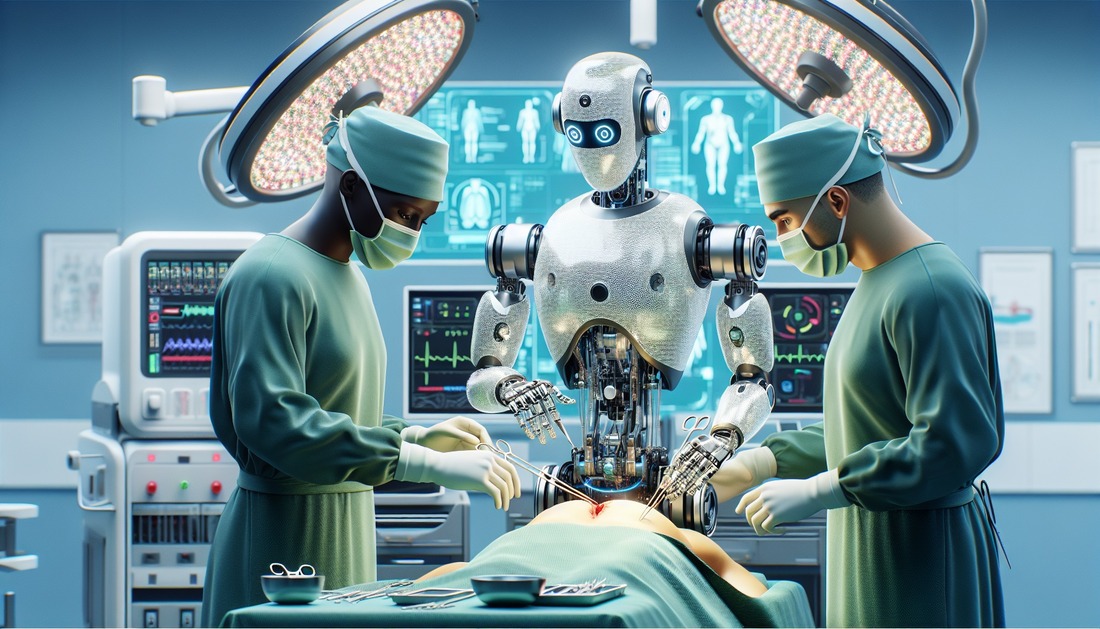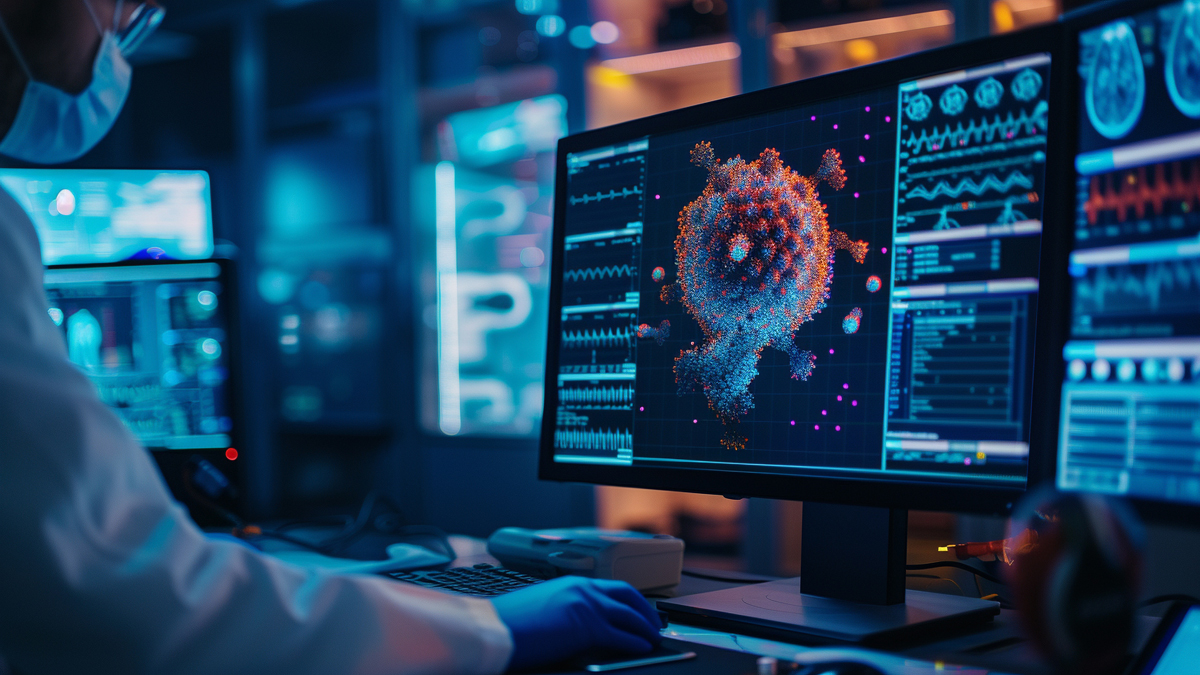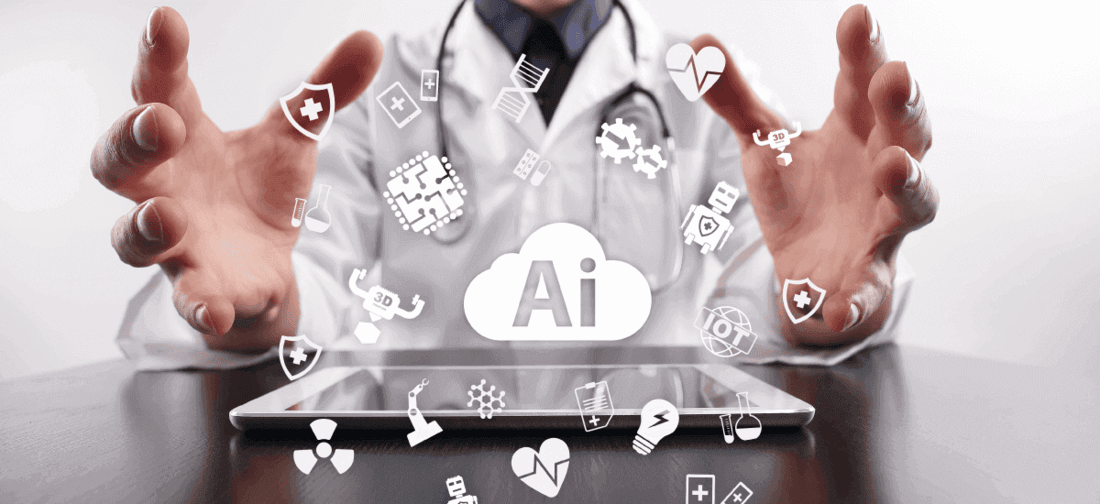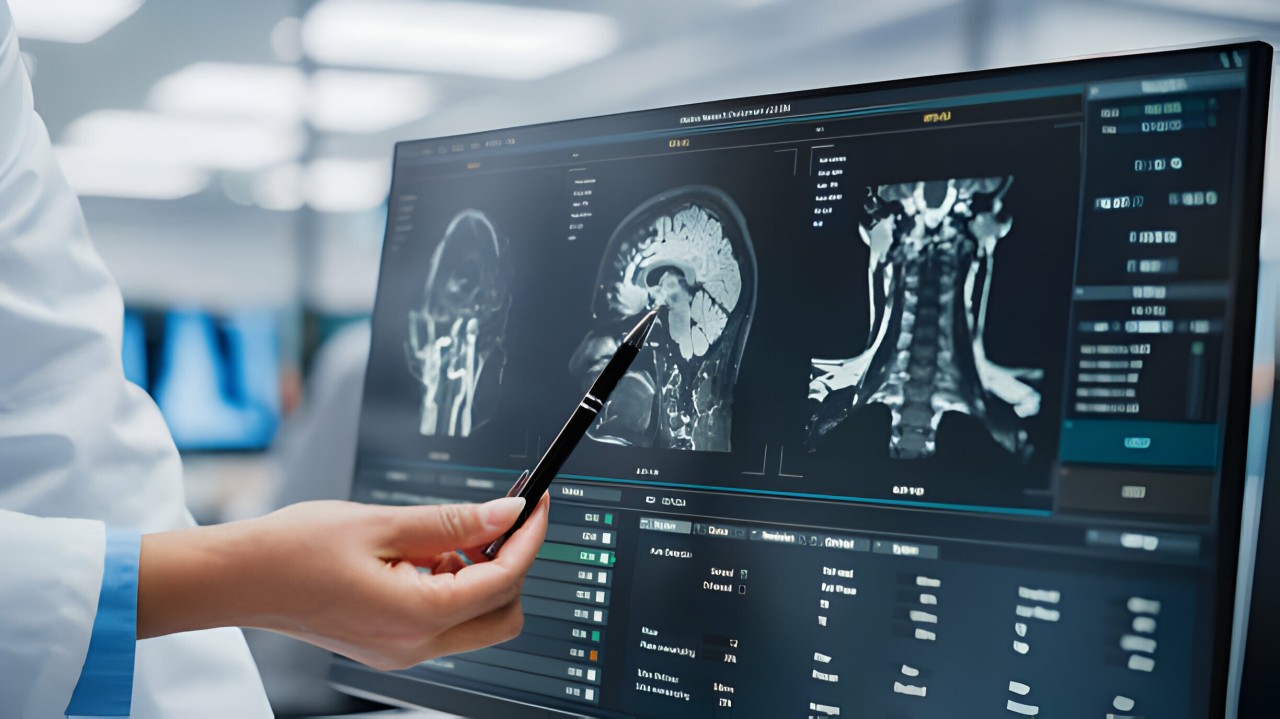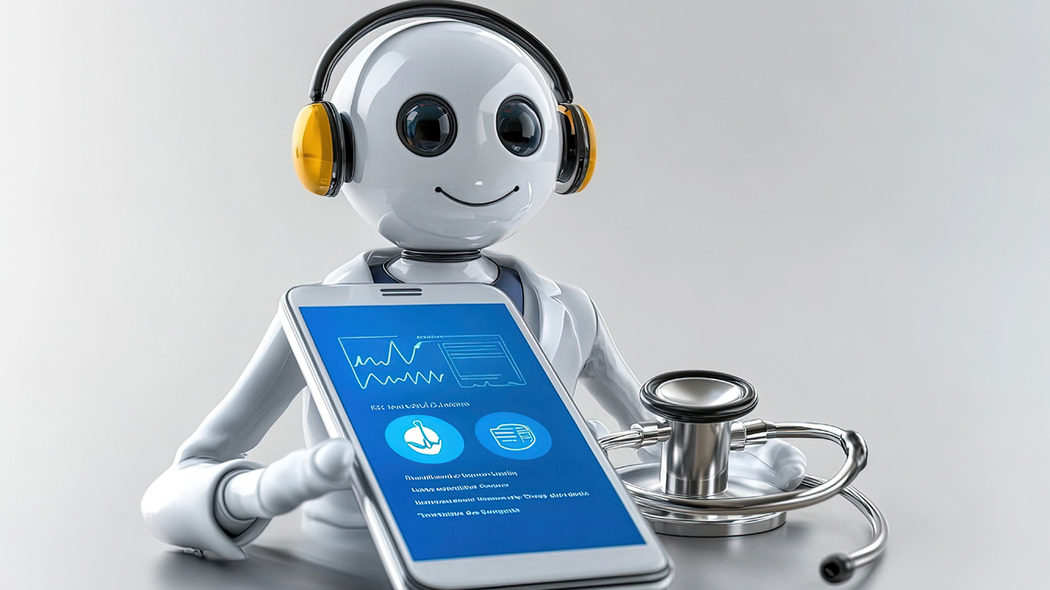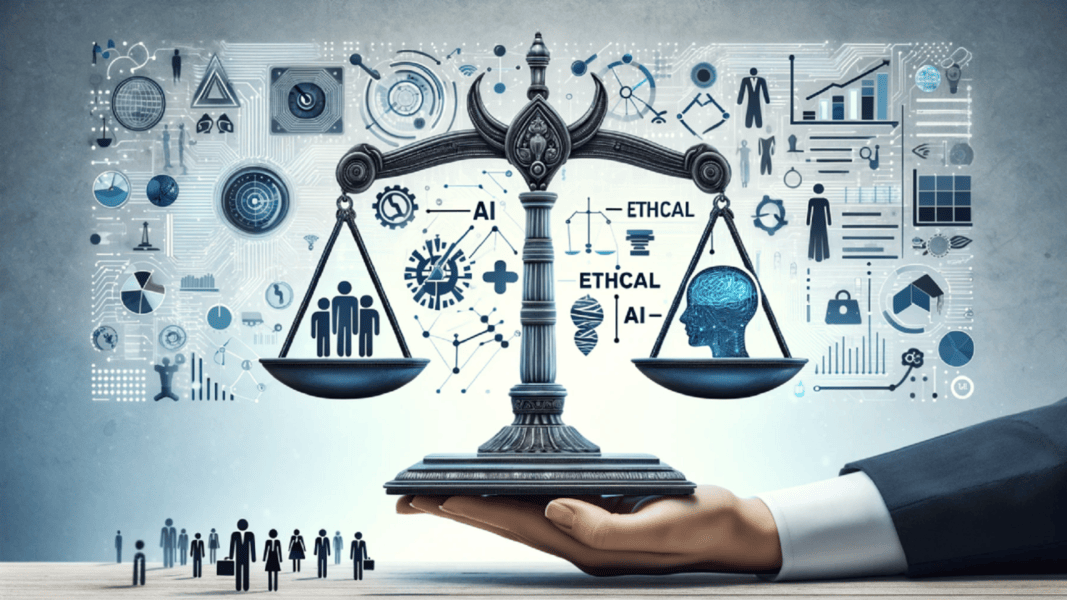Robotic surgery powered by artificial intelligence (AI) transcends the realm of science fiction; it is revolutionizing the medical field, delivering precise, efficient surgical experiences and improved patient outcomes. With advances in AI algorithms and more intuitive control of robotic equipment, the operating room of the future promises to reduce human error, shorten recovery times, and …
Artificial intelligence (AI) has penetrated key sectors, including healthcare, transforming the detection, diagnosis, and treatment of diseases. Pathology is a promising medical field that is embracing AI. Traditionally, pathologists examined tissues, cells, and fluids under a microscope to study diseases. This human skill is crucial, but the volume of cases, the complexity of diseases, and …
Artificial intelligence (AI) is revolutionizing the health insurance industry. Faced with rising claims volumes, increasingly complex regulations, and increasing fraud, insurers are deploying AI to improve efficiency, accuracy, and customer satisfaction. AI-based solutions accelerate claim approvals, reduce errors, and automate mundane tasks. This benefits both insurers and policyholders. AI is transforming claims processing, from intelligent …
Modern businesses face increased risks, from cyberattacks and financial fraud to regulatory compliance gaps and operational disruptions. Traditional risk management approaches, while crucial, often can’t keep pace with the speed and complexity of the digital world. Artificial intelligence (AI) enables businesses to identify, assess, and mitigate risks with unprecedented precision and speed. This technology is …
The drug development process in the pharmaceutical industry is notoriously long and expensive; bringing a drug to market can often take more than a decade and cost billions of dollars. However, artificial intelligence (AI) is changing this dynamic and revolutionizing the process of drug development, evaluation, and approval. AI’s unparalleled ability to evaluate massive data …
Artificial intelligence (AI) is transforming business models worldwide, but one of its most promising applications is in the operating room. AI-assisted robotic surgery is the result of a combination of advanced robotics, sophisticated machine learning algorithms, and precision medicine. This technology promises to transform surgical procedures, shorten patient recovery times, and potentially make complex surgeries …
Artificial intelligence (AI) is rapidly transforming various sectors, with healthcare being one of the most important, particularly in medical imaging. Radiologists have always played a crucial role in interpreting X-rays, magnetic resonance imaging (MRI), CT scans, and ultrasound. While human interpretation is skilled, it is time-consuming, prone to errors due to fatigue, and susceptible to …
The application of artificial intelligence (AI) in healthcare has sparked many new ideas, with the use of virtual AI assistants to support doctors and nurses being one of the most important. These intelligent systems are transforming the way people communicate with their doctors, making healthcare more accessible, faster, and better tailored to individual needs. Traditional …
Artificial intelligence (AI) is transforming healthcare, dramatically changing how we diagnose, treat, and care for patients. AI-powered imaging tools that can detect diseases earlier and predictive analytics that can tailor treatment strategies are undoubtedly beneficial. However, as AI becomes increasingly prevalent in healthcare, ethical issues, particularly those related to privacy, bias, and liability, are becoming …

